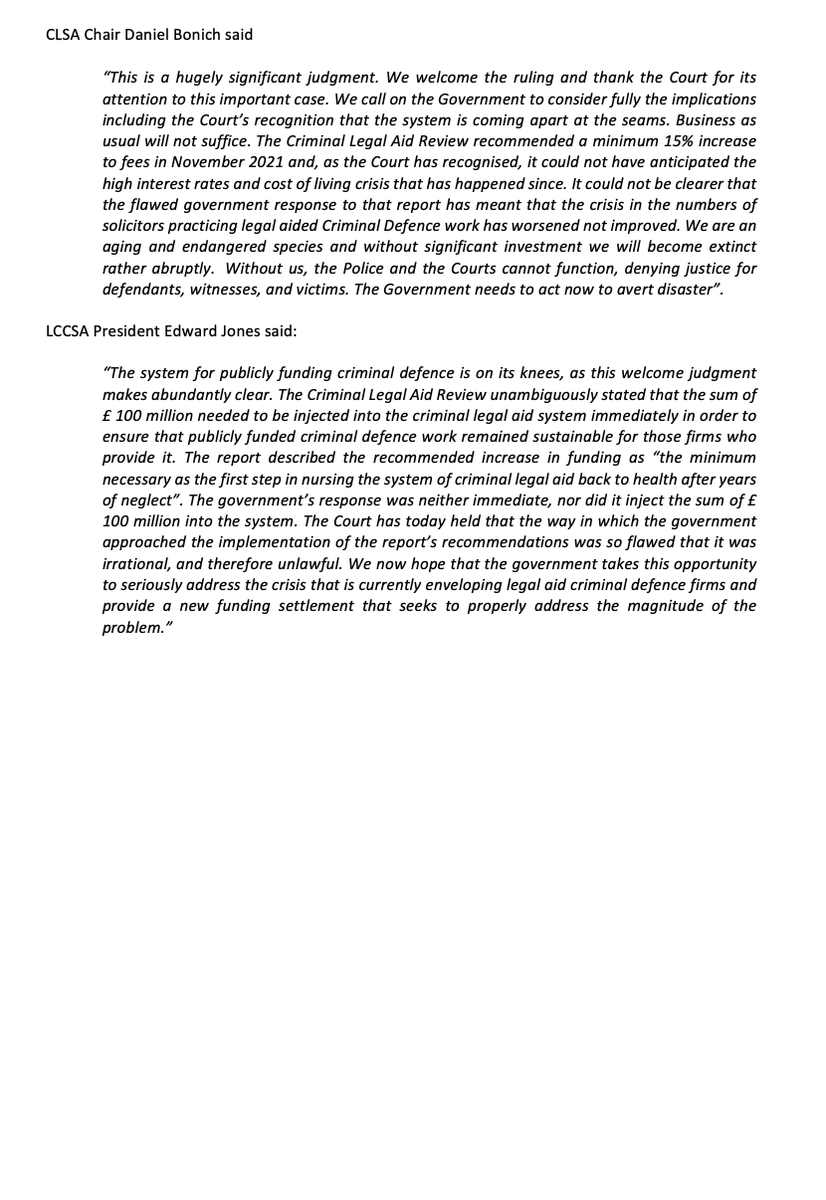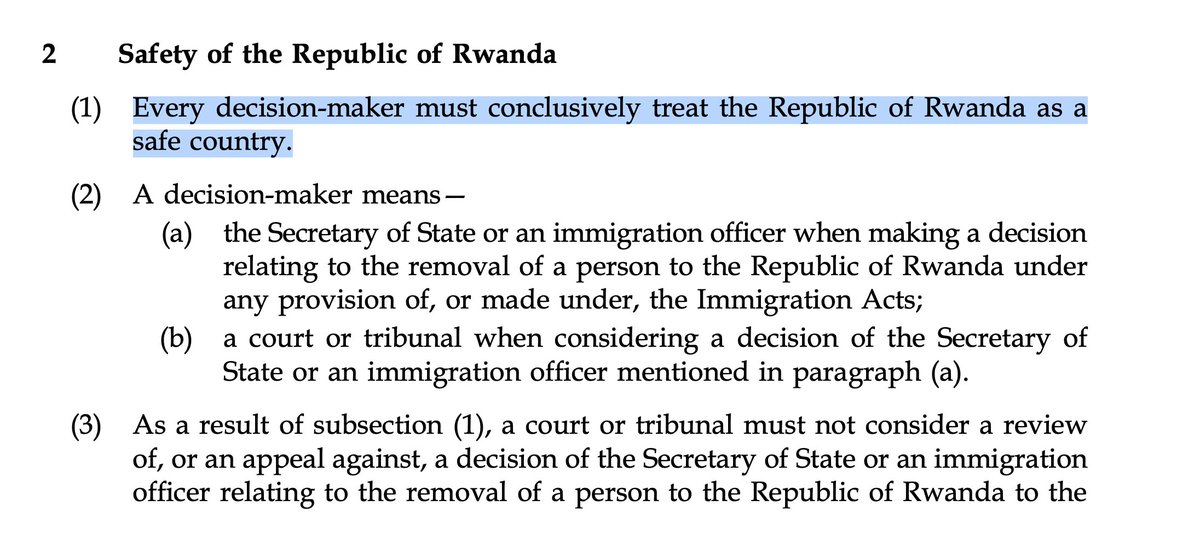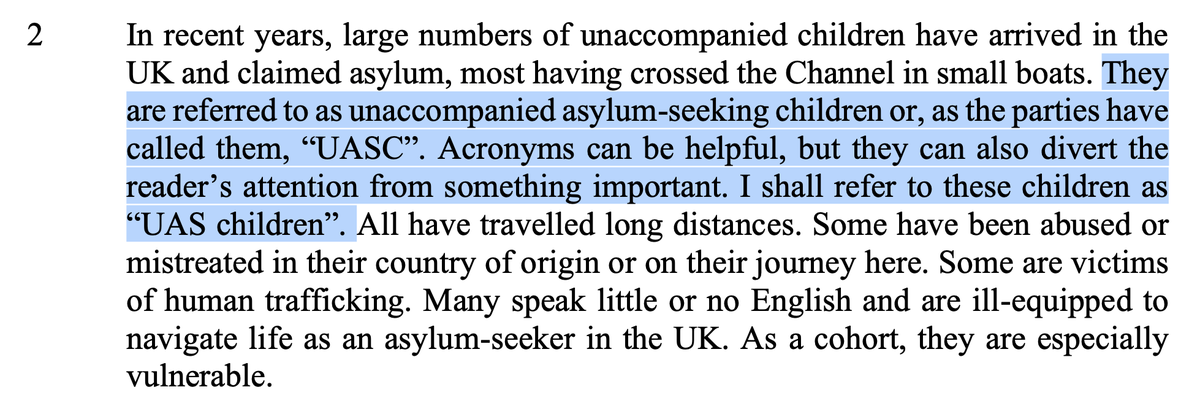Some thoughts on the legal and ethical implications of ‘vaccine passports’ (thread)
Vaccine passports are controversial and the govt is reviewing the possibility of their use.
This thread brings together the main arguments for and against and gives sources for further reading.
There will be no “bad or good” answer so if you want that look elsewhere.
This thread brings together the main arguments for and against and gives sources for further reading.
There will be no “bad or good” answer so if you want that look elsewhere.
I’ll split this into four sections
1. INTRO - WHAT ARE THEY?
A ‘vaccine certificate’ or ‘passport’ is, in the simplest form, a means of proving that a person has been vaccinated. This can be paper or digital.
1. INTRO - WHAT ARE THEY?
A ‘vaccine certificate’ or ‘passport’ is, in the simplest form, a means of proving that a person has been vaccinated. This can be paper or digital.
In one sense, vaccine certificates have been around for decades - e.g. the 1969 International Health Regulations made extensive provision for certificates of Yellow Fever vaccination for international travel apps.who.int/iris/bitstream… 

It seems inevitable that COVID-19 vaccination certificates will become the norm - at least in the short to medium term - for international travel. The EU and World Health Organisation are working on standardised versions who.int/news-room/arti…
So vaccination certificates themselves are not controversial or new - what is controversial and new is the proposed use certificates to determine whether an individual can participate in workplace and social activities.
e.g. saying that frontline care home workers need to prove vaccination
Or
a supermarket worker
a visitor to a cinema
the user of a deckchair on a beach
Or
a supermarket worker
a visitor to a cinema
the user of a deckchair on a beach

(That last image is from Tel Aviv - I don’t know if the chairs are real or not but Israel is one of the first countries in the world to implement a “Green passport”, i.e. requiring a digital vaccine certificate for certain daily activities)
One other point about definitions: it is not obvious what a vaccination certificate would demonstrate. As the Royal Society point out, a COVID passport could show both (1) protection from COVID and (2) that the person cannot transmit COVID. royalsociety.org/-/media/policy… 

And if you are showing those two things, and a justification is to prevent passing on the virus, why not include people who have had the disease and have antibodies?
And if so, what kind of test do you use?
And if so, what kind of test do you use?
And for how long?
The ‘Green Passport’ in Israel lasts for 6 months, what happens after that?
You would presumably need a booster, but what if you can’t get one in time?
The ‘Green Passport’ in Israel lasts for 6 months, what happens after that?
You would presumably need a booster, but what if you can’t get one in time?
And immunity to what?
As we know, COVID constantly mutates and vaccines may not be as effective against a more dangerous strain. Or one vaccine might but the other not.
As you might imagine, this can lead to difficult issues over how and what to certify.
As we know, COVID constantly mutates and vaccines may not be as effective against a more dangerous strain. Or one vaccine might but the other not.
As you might imagine, this can lead to difficult issues over how and what to certify.
This point is made well by the @AdaLovelaceInst adalovelaceinstitute.org/wp-content/upl…
“the duration of validity of the passport will remain dynamic in response to developing scientific understanding rather than a fixed date of issue”
“the duration of validity of the passport will remain dynamic in response to developing scientific understanding rather than a fixed date of issue”

2. THE POSITIVES
When thinking of the positives, we immediately hit one of the problems with identifying obvious good or bad things about vaccine certificates - it really depends on how you use them.
When thinking of the positives, we immediately hit one of the problems with identifying obvious good or bad things about vaccine certificates - it really depends on how you use them.
So, for example, requiring care home workers to prove they have been vaccinated could have a clear but quite narrow benefit (if it prevents transmission to vulnerable residents). I have discussed the employment/discrimination law implications of that here
https://twitter.com/AdamWagner1/status/1364888482519404544?s=20
But a more extensive version of the policy, e.g. requiring vaccine certificates for shopping in a supermarket would have quite different benefits - not just protecting e.g. vulnerable people in the supermarket but also incentivising people generally to have the vaccine.
Incentivising people to have the vaccine is clearly a public good as the more people who have it, the more likely we will get to herd immunity and reduce the proliferation of mutated versions of the virus which could put us back to square one.
Another potential positive is the alternative - regular lockdowns caused by rampant COVID - is worse. Essentially you sacrifice some personal liberty (privacy) for other liberties such as participating in ‘normal’ social life. See Lord Sumption:
https://twitter.com/AdamWagner1/status/1367455833253101573?s=20
3. THE NEGATIVES
There are, I think, six key arguments against vaccine certificates being used widely to restrict access to social activity.
There are, I think, six key arguments against vaccine certificates being used widely to restrict access to social activity.
First, VCs amount to coercing people to vaccinate. I am not convinced by the argument this is akin to a forced medical procedure but as @Nuffbioethics say pressure can take various forms and lead to stigmatisation. Is this the kind of society we want? nuffieldbioethics.org/publications/c… 

Second, there isn’t enough evidence that vaccination prevents onwards transmission of COVID which means that the justification of getting more people to vaccinate to reach herd immunity is not yet backed up by evidence.
This is why the @AdaLovelaceInst does not yet support vaccine passports - but would potentially in future if the science changed. This objection is very much contingent as evidence may emerge soon to show vaccines reduce transmissibility. 

Third, there is a ‘slippery slope’ argument, well articulated by @libertyhq who also fought against national ID cards. It is conceivable that once the infrastructure is put in place to ‘prove’ our health credentials, this could lead to other data being added e.g. HIV status. 

Fourth, privacy. This is similar to the objection to a contact tracing app which stored data centrally (didn’t ultimately happen in the UK). Public authorities are not always good at keeping our data private and not sharing it amongst themselves. Can we trust them with this?
Fifth, exacerbating existing social inequalities. E.g. if black and minority ethnic communities are already not taking up the vaccine in high numbers, then restricting access to society to people who are already disproportionately affected by social inequality is very risky.
This raises a legal implication too - under the Equality Act any policy which discriminates against a group who share a protected characteristic like race must be proportionate. This policy risks not being justifiable if it exacerbates racial injustice.
Sixth, vaccine passports may discriminate unfairly against people who cannot take the vaccine for medical/disability reasons, or because they are pregnant, or are too young to be offered it yet. I hope govt would include exemptions as with the face covering rules to address this 

4. CONCLUSIONS
Sorry this thread has been so long - it’s a difficult issue with serious rights implications.
Sorry this thread has been so long - it’s a difficult issue with serious rights implications.
I think the ‘get out of the cycle of lockdowns’ argument is the strongest in favour. It is not obvious, as @AdaLovelaceInst say, that vaccine passports will incentivise people to be vaccinated. They could do the opposite as people conflate opposition to vaccination and VCs
But whether or not you agree with lockdowns, they are the standard policy of most governments and will probably continue to be. We must do everything we reasonably can to avoid an endless cycle of lockdowns - the big question is whether vaccine passports can do that.
The risks and dangers outlined above are real but I don’t think any of them clearly discounts the policy entirely.
And whatever the government does, it is obvious that private employers and companies will require vaccine certificates anyway - arguing that it is part of their health and safety duties in law.
So either govt bans them completely or regulates them.
Has to be one or other.
So either govt bans them completely or regulates them.
Has to be one or other.
What cannot - must not - happen is the same emergency powers used for the lockdown and hotel quarantine be used for this. There must be a proper parliamentary debate and democratic accountability. Here’s hoping!
/end
Comments welcome
/end
Comments welcome
Here's an unrolled version of the thread if you can't be bothered clicking through. Though I suppose if you are here, you have! threadreaderapp.com/thread/1367527…
Government consultation on "COVID-Status Certification Review" - closes on 29 March (or 'Step 2' as that date is now known) gov.uk/government/con…
Vaccine passports are happening - first use to be for Wembley group fixtures in the football European Championships.
Anyone over 11: Either show proof of vaccination (even though not available to under 18s) or negative lateral flow test result
bbc.co.uk/sport/football…
Anyone over 11: Either show proof of vaccination (even though not available to under 18s) or negative lateral flow test result
bbc.co.uk/sport/football…

Covid passports to be advised in 'high risk' venues. Not legally compulsory - but insurers may take a dim view if govt guidance not followed bbc.co.uk/news/business-…
• • •
Missing some Tweet in this thread? You can try to
force a refresh



















